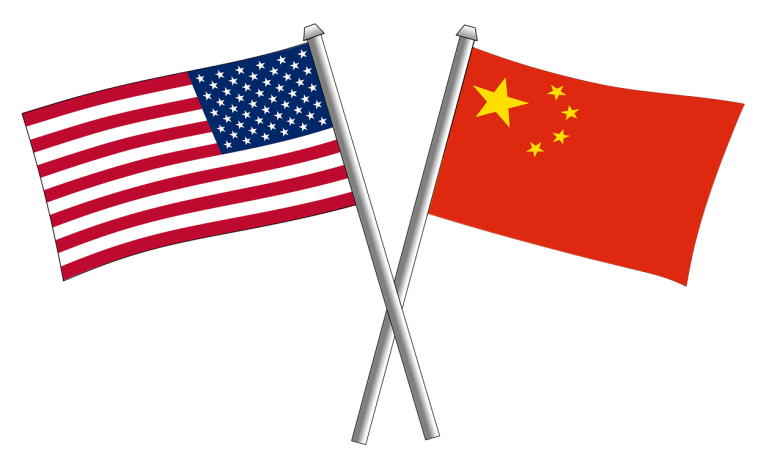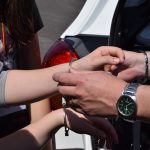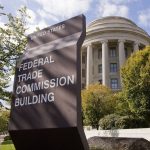Chinese Police Probe Drug-Related Money Laundering Operation After U.S. Tip

Chinese police are investigating a case of illegal foreign exchange activity and money laundering following tip-offs from the United States, state media reported on Wednesday. This marks a rare instance of collaboration on narcotics between the two superpowers.
The U.S. and China resumed discussions on counter-narcotics and law enforcement cooperation at the beginning of the year. China’s public security department hailed the case as a successful example of Sino-U.S. anti-drug collaboration.
The news aligns with information released by the U.S. Justice Department on Tuesday, alleging that Mexico’s Sinaloa Cartel conspired with groups based in California and tied to Chinese underground banking to launder drug-trafficking proceeds exceeding $50 million. The Justice Department noted close coordination with law enforcement in Mexico and China.
According to Chinese state media, following U.S. tip-offs, an investigation revealed that since 2017, a man surnamed Tong started a car dealership in the U.S. to sell vehicles and offer Chinese yuan and U.S. dollar exchange services for car-buying customers. This operation later evolved into criminal activities, including the illegal trading of foreign exchange, as reported by Xinhua and CCTV, citing the Public Security Department.
The suspect was arrested, and the case is under further investigation. The superseding indictment names a man named Peiji Tong as one of the defendants. When asked about the case during a regular news conference, China’s foreign affairs ministry referred inquiries to the competent authorities.
The United States, where fentanyl abuse has been a major cause of death, has advocated for deeper law enforcement cooperation, including tackling illicit finance and implementing further controls on chemicals used to produce fentanyl. State broadcaster CCTV reported that China’s National Health Commission will include 46 substances in the “supplementary list of controlled non-pharmaceutical narcotic drugs and psychotropic drugs” starting July 1.
These developments coincide with the anticipated visit of Rahul Gupta, director of the White House Office of National Drug Control Policy, to Beijing to meet high-level Chinese officials this week. Additionally, the National Drug Control Office released its annual drug situation report on Wednesday, stating that authorities solved 42,000 drug-related cases, arrested 65,000 criminal suspects, and seized 25.9 tons of various drugs.





